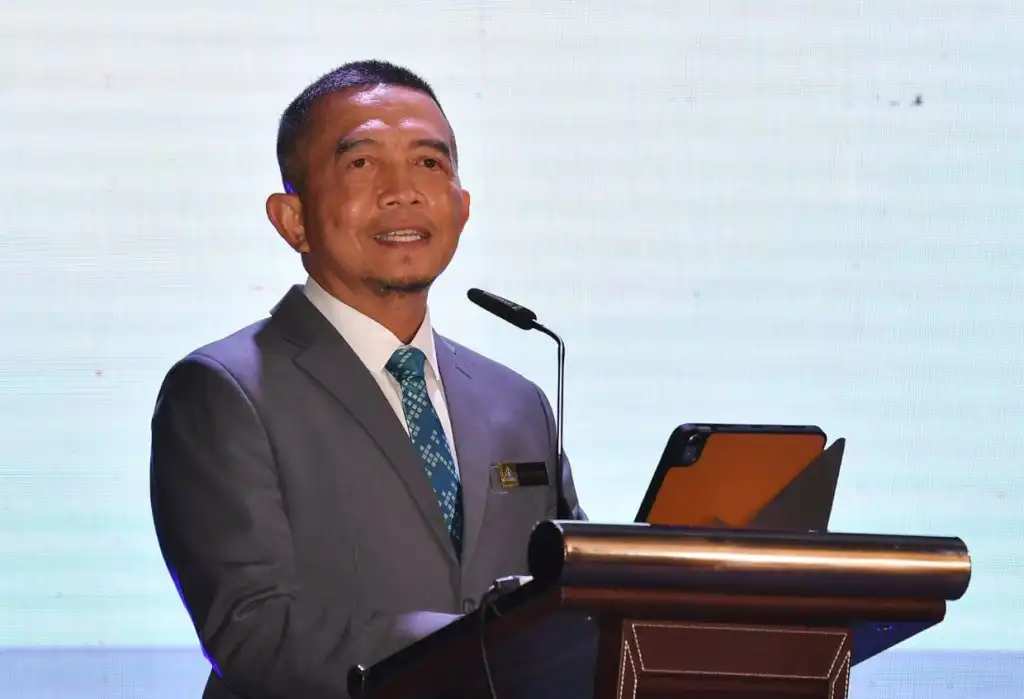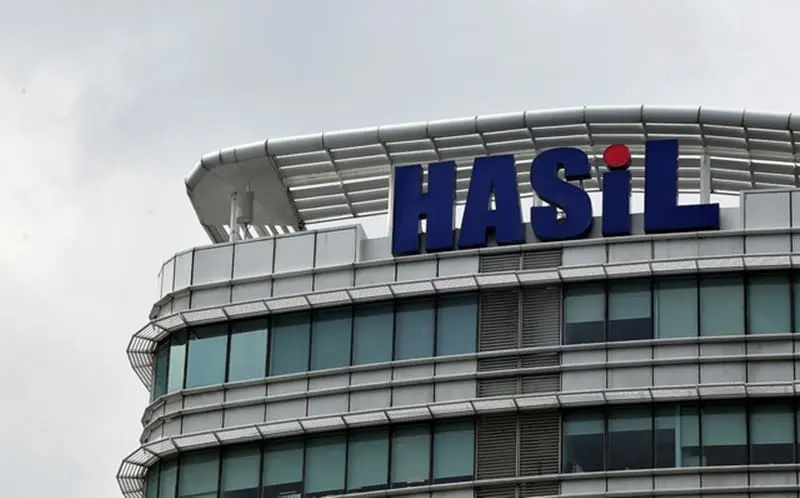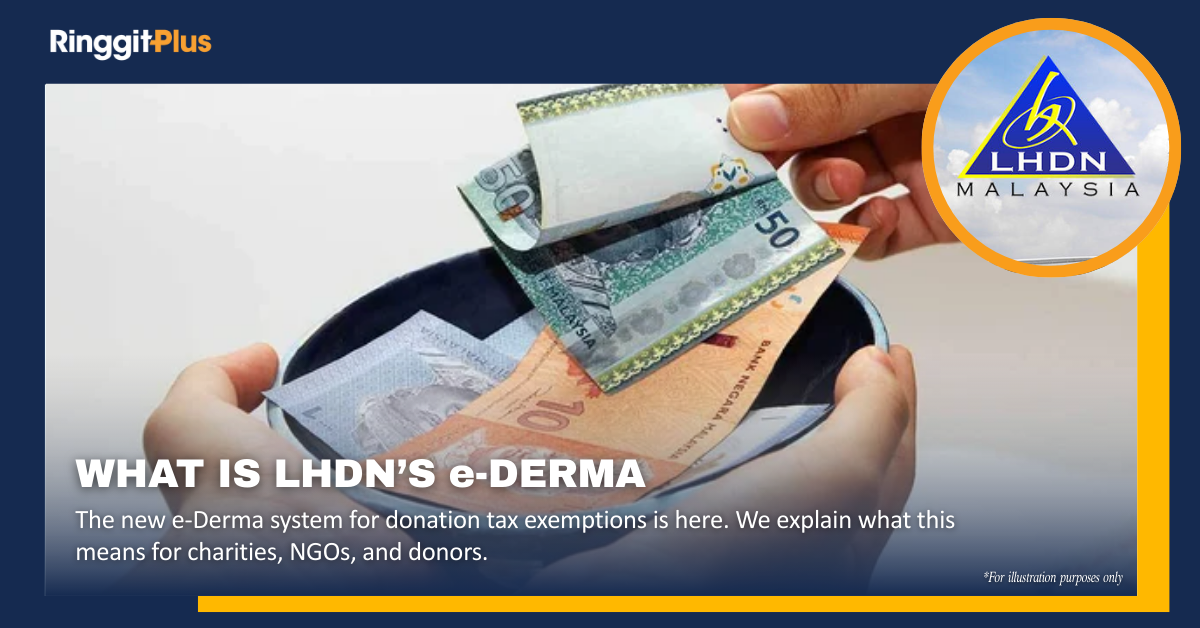Alex Cheong Pui Yin
23rd May 2023 - 3 min read

The Inland Revenue Board (LHDN) has revealed that the electronic invoicing (e-invoicing) system will be implemented in stages starting from next year. In the meantime, the board is in the midst of preparing and developing the necessary user requirements and solutions needed to facilitate the process.
In a statement, LHDN shared that it will kickstart the initiative via a pilot phase in January 2024, with the cooperation of selected companies, although those who wish to be onboarded earlier may volunteer as well. This will then be followed by the mandatory adoption of the e-invoicing system by all companies in stages, based on their annual revenue, as indicated below:
| Implementation timeline | Participants |
| January 2024 | – Pilot phase, with cooperation of selected companies – Volunteers are invited as well |
| June 2024 (Phase 1) | Mandatory adoption for companies with a turnover of RM100 million and above |
| January 2025 (Phase 2) | Mandatory adoption for companies with a turnover of RM50 million and above |
| January 2026 (Phase 3) | Mandatory adoption for companies with a turnover of RM25 million and above |
| January 2027 (Phase 4) | Mandatory adoption for all companies |
“We are now at a very important stage of this initiative in preparing for the user requirement of the e-invoicing system. For this, we need to obtain feedback from all the relevant stakeholders so that the developed system will be able to meet their needs,” said the chief executive officer of LHDN, Datuk Dr Mohd Nizom Sairi, adding that the board will conduct separate engagement sessions with different quarters for this purpose.

Datuk Nizom also highlighted the various benefits that can be reaped via the adoption of e-invoicing, chief of which is to help the government tackle the shadow economy and reduce tax evasion. To illustrate the significance of this, Datuk Nizom said that Malaysia’s shadow economy is estimated to stand at RM300 billion back in 2019 – which translates to 18% of Malaysia’s gross domestic product (GDP).
Aside from the government, businesses and individuals can also benefit from better record keeping processes and reduced tax compliance costs. For instance, they may only need to keep physical copies of their receipts and invoices for a shorter period of time, instead of the current seven years. The tax filing process may be easier too, as LHDN can provide taxpayers with pre-filled income tax forms based on the data that have been collected.
“We believe that the introduction of e-invoicing is something positive that will increase the efficiency of businesses, provide cost savings in doing business, and strengthen the tax system in our country by making it fairer and more equitable,” said Datuk Nizom.

The plan to adopt e-invoicing was initially proposed during the tabling of the original Budget 2023 by then Finance Minister Tengku Datuk Seri Zafrul Abdul Aziz in October 2022. LHDN then confirmed in March that it is working to introduce the system by early next year, but did not share a detailed timeline back then.
Briefly, e-invoicing is a form of electronic billing, where the digital documents or data of transactions will be uploaded onto a platform managed by LHDN. With this, LHDN will have clear records of transactions carried out by taxpayers.
(Sources: LHDN, The Edge Markets)





Comments (0)